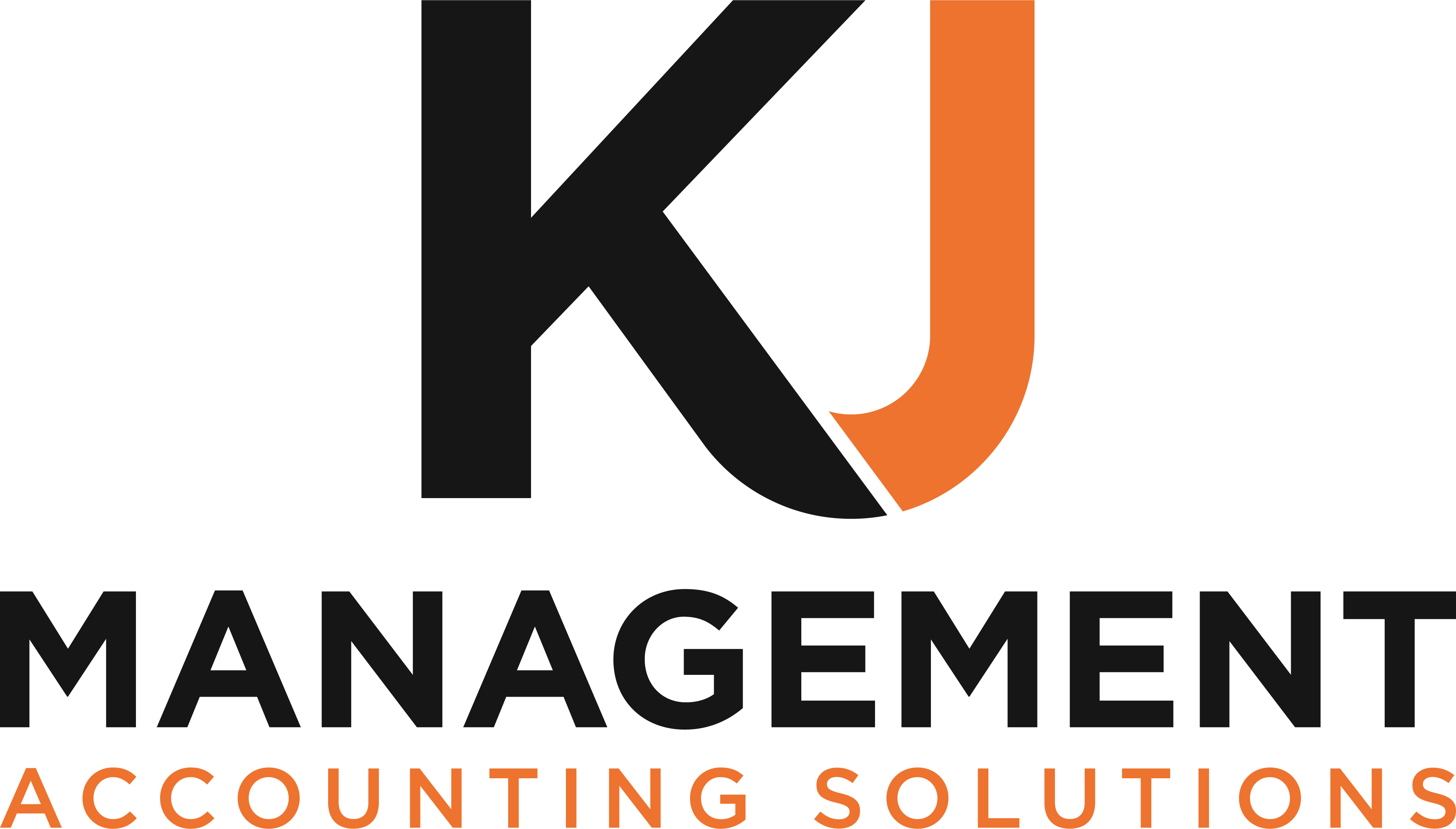All UK limited companies must file Annual Accounts with Companies House and HMRC each year. These accounts provide an overview of the company’s financial position and performance.
However, not all businesses have to file the same type of accounts. The UK has three main categories of company accounts:
- Micro-Entity Accounts – For very small businesses.
- Small Company Accounts – For slightly larger SMEs.
- Full Accounts – For medium and large companies.
In this guide, we’ll explain:
- Which type of Annual Accounts your business needs to file.
- The key financial reports required for each category.
- Important deadlines and penalties for late filing.
- How accountants help businesses stay compliant and avoid mistakes.
What Are Annual Accounts?
Annual Accounts (also called Statutory Accounts) are a set of financial reports that businesses must submit at the end of each financial year.
They show:
- What the company owns (assets).
- What the company owes (liabilities).
- How much profit or loss was made.
Where are Annual Accounts submitted?
- Companies House – To comply with UK company law.
- HMRC – As part of the Company Tax Return (CT600).
Failing to submit accounts on time can result in penalties and harm your company’s compliance record.
Which Type of Accounts Should Your Business File?
The UK has three main categories for company accounts based on the business’s size.
1. Micro-Entity Accounts (For Very Small Companies)
Micro-entities are the smallest businesses that qualify for simplified financial reporting.
Eligibility Criteria for Micro-Entity Accounts:
Your business qualifies if it meets at least two of these conditions:
- Turnover: £632,000 or less.
- Balance Sheet Total (Assets): £316,000 or less.
- Employees: 10 or fewer.
What’s Included in Micro-Entity Accounts?
- Simplified Balance Sheet – A basic summary of assets and liabilities.
- Profit & Loss Account – Showing revenue and expenses (not required for Companies House).
- Footnotes – Brief additional notes.
Advantages of Micro-Entity Accounts:
- Less paperwork – Fewer disclosures required.
- No need to file a Profit & Loss Statement at Companies House.
- Quick and simple to prepare.
Limitations:
- Micro-entities must still comply with tax rules and submit accounts on time.
- Limited financial details might make it harder to attract investors or secure loans.
2. Small Company Accounts (For Growing SMEs)
If your company is slightly larger but still classifies as small, you may file Small Company Accounts instead of Full Accounts.
Eligibility Criteria for Small Company Accounts:
Your business qualifies if it meets at least two of these conditions:
- Turnover: £10.2 million or less.
- Balance Sheet Total (Assets): £5.1 million or less.
- Employees: 50 or fewer.
What’s Included in Small Company Accounts?
- Balance Sheet – More detailed than micro-entity accounts.
- Profit & Loss Account – Required for HMRC but can be omitted from Companies House filing.
- Director’s Report – Required unless filing abridged accounts.
Advantages of Small Company Accounts:
- Some exemptions apply (e.g., no mandatory auditor’s report).
- Offers a clearer financial picture while still reducing administrative burden.
Limitations:
- More disclosures than Micro-Entity Accounts.
- Still subject to accounting standards (FRS 102 Section 1A).
3. Full Accounts (For Medium & Large Companies)
Larger businesses must file Full (Statutory) Accounts, providing complete financial transparency.
Who Needs to File Full Accounts?
Your company must submit Full Accounts if it meets at least two of these conditions:
- Turnover: More than £10.2 million.
- Balance Sheet Total: More than £5.1 million.
- Employees: More than 50.
What’s Included in Full Accounts?
- Balance Sheet – Showing financial position at year-end.
- Profit & Loss Account – A detailed breakdown of revenue and costs.
- Cash Flow Statement – Tracking how money moves in and out of the business.
- Director’s Report – A written overview of company performance.
- Auditor’s Report – If required by law.
Larger companies must undergo a financial audit.
Deadlines: When Are Annual Accounts Due?
Annual Accounts deadlines depend on your company’s financial year-end.
| Type of Filing | Deadline |
|---|---|
| First Annual Accounts | Within 21 months of company formation |
| Subsequent Annual Accounts | Within 9 months of financial year-end |
| Corporation Tax Return (CT600) to HMRC | Within 12 months of financial year-end |
Example:
If a company’s financial year ends on 31st March 2024, the deadline for filing Annual Accounts with Companies House is 31st December 2024, and the Corporation Tax Return must be submitted by 31st March 2025.
Penalties for Late Filing
Failing to submit accounts on time results in automatic penalties from Companies House:
| Days Late | Penalty for Private Ltd Companies |
|---|---|
| 1 day | £150 |
| Up to 1 month | £375 |
| 1 to 3 months | £750 |
| Over 3 months | £1,500 |
Penalties double if accounts are late two years in a row.
HMRC also charges penalties for late Corporation Tax Returns:
- £100 if 1 day late
- £100 if 3 months late
- 10% of unpaid tax if over 6 months late
Takeaway: Filing on time ensures compliance and avoids unnecessary fines.
Final Thoughts: Why Annual Accounts Matter
Key Takeaways:
All UK limited companies must file Annual Accounts with Companies House and HMRC.
- Micro-entities, small companies, and large businesses have different filing requirements.
- Filing on time avoids financial penalties and compliance issues.
- Accountants help businesses prepare accurate accounts, minimise tax liabilities, and stay compliant.
Keeping accurate and timely records ensures that businesses remain financially healthy and legally compliant. Staying on top of annual accounts can also help with better financial planning and business growth.
Would you like to learn more about financial reporting, budgeting, and compliance? Explore our Knowledge Hub for more insights.


